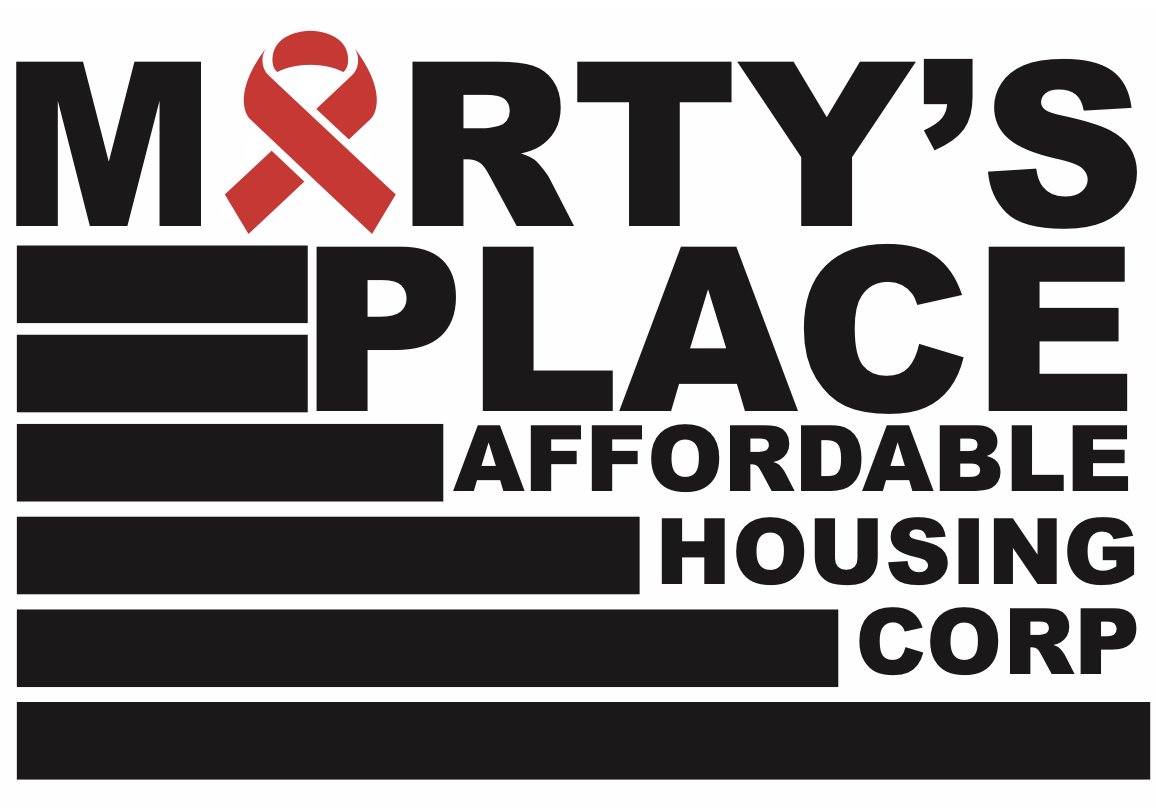It is with great sadness to share the news of Bill (William) Ledford’s passing in late March 2016, and serves as a powerful reminder that HIV/AIDS is not over while many of us are working to loosen the old stigma often associated with an AIDS diagnosis. In fact, I’ve gone to three memorials in the past month with four people passing in a recent spate of death and loss that takes me back to earlier years before meds when death was a standard for many of us.
Bill was a good friend but community partner first. I met Bill working on a planning committee to raise awareness about long-term survivorship for people with HIV/AIDS. At that time, I was homeless after an aggressive eviction with an immediate loss of resources and Bill took an interest in my plight to find housing as he had for numerous people. He immediately helped me set up a meeting with AIDS Housing Alliance, and Bill stuck by me with moral support until I was finally housed at Marty’s Place. Housing for people with HIV/AIDS was important for Bill because he got the connection to what makes it unique.
The current housing market in San Francisco is unforgiving as it prices out people living with HIV/AIDS, and those who stay are forced to remain vigilant against seedy evictions for the sake of a quick buck because someone else can make a lot of money. Our need to access the standard of medical care and delivery systems developed in San Francisco was established on our body count and it does not exist in more affordable areas. Our need for access is undeniable. We didn’t survive a global pandemic, and national epidemic of neglect, for this; yet here we are facing the value of our survivorship as an equal to for-profit evictions.
San Francisco is one of the few cities to adopt the U.N.’s Getting To Zero initiative, and we must remain careful it does not entail our displacement as a strategy in order to meet that goal. As the discussion continues about the goals, advocates are having to scramble to include our homeless populations as statistics show that over 70 percent were formerly housed San Franciscans, and roughly 10 to 13 percent are currently living with HIV/AIDS. As a HIV Care Council member, Bill was aware of these numbers. He was also aware that over 80 percent of people living with HIV/AIDS in San Francisco are over the age of 40, and over 50 percent are over the age of 50.
I met Bill again later while working with Honoring Our Experience groups and retreats through the Shanti Project under the direction of Gregg Cassin. Our editor, Hank Trout, was published in the April 2016 edition of A&U Magazine, writing an article about Honoring Our Experience – how it serves our communities and preserves our history. It was through the many hours and time involved in planning those retreats where I met Bill again. Bill’s contributions to those retreats helped make a tremendous effort in the lives of those who attended.
Bill was a community advocate who became a friend. I submitted his nomination to our Residents last year to serve on our Board of Directors for Marty’s Place because of our working relationship in previous community forums and his strength to withstand challenges. Bill was elected and served on our board until his passing, and so it is with my respect for his dedication and great sadness that I pay tribute to his service.
I thought about Bill’s dedication a lot recently when I walked a precinct for Proposition C on the June 2016 ballot. That proposition seeks to increase the number of affordable housing units up to 25 percent on newer development projects in San Francisco, and I support it. Bill’s dedication to housing in San Francisco came from having the awareness that we have an affordability crisis on our hands.
The future of HIV/AIDS advocacy in housing must continue with the next generations who understand what makes us unique. It is critical that we remain involved in the discussions about us, our needs, and representation to avoid the institutional failures in the past. That is, when critical decisions are made about us without the appropriate cultural competence to adequately meet our needs. Good intentions are not enough with current campaigns underway to highlight how stigma kills, and so does ignorance. Bill knew this and I hope to continue on in the trenches with this in mind, and with his memory as a guiding light.
Rest in power, my friend.
Michael Rouppet
President, Board of Directors
Michael Rouppet and Bill Ledford

